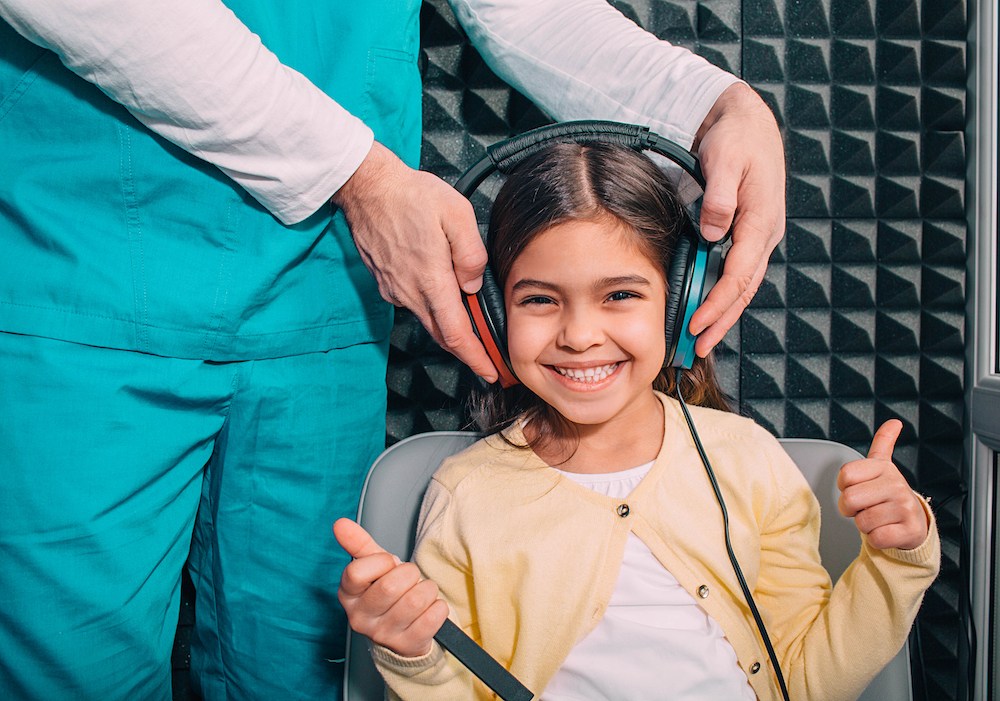How Hearing Tests Correlate with Other Health Markers
Hearing health is not just about your ability to hear. It plays a crucial

By: admin | May 20, 2020
Hearing problems do not usually cause any sort of pain or discomfort. As hearing loss tends to be a gradual process, it is common for people to adapt to hearing loss without even realizing it. If you feel that hearing loss is something you may be experiencing, in this blog post, we will help to give you a better understanding of this and help you to determine whether or not you have any sort of hearing problems.
There are a number of key questions that you should ask yourself if you suspect that you may have hearing loss.
This includes the following:
If you have answered yes to a number of the questions that have been presented, it is likely that you could be experiencing some form of hearing loss, which is why it is vital to get in touch with an audiologist sooner rather than later in order to get to the bottom of it.
Hearing loss symptoms can fall into three different categories: Medical, emotional and social.
When it comes to medical symptoms, this includes having a family history of hearing loss, having thyroid, circulation, heart problems or diabetes. It can also mean taking medications that could have some sort of effect on hearing loss.
What about emotional symptoms? Well, this includes withdrawing yourself from social situations that you used to enjoy because you have troubles hearing. Other symptoms include feeling nervous about trying to understand or hear, as well as feeling embarrassed about meeting new people because you may have misunderstood what they were saying. Other emotional symptoms include being annoyed at people because you cannot understand them or hear them, as well as feeling stressed from straining to hear what other people are saying.
Finally, we have the symptoms that fall into the social category. This includes having to read lips or depend on other people’s facial expressions while having a conversation, as well as experiencing ringing in your ears, answering inappropriately in conversations and having the radio or television on high volume. Other signs that fall into this category include finding it difficult to hear in noisy situations, thinking other people's voices sounded muffled and struggling to follow a conversation when there are more than two people involved. Another social symptom is needing frequent repetition in order to comprehend speech.
If you have noticed any of the signs and symptoms that have been discussed in this blog post, it is important to book an appointment with an audiologist. An audiologist will be able to carry out tests to figure out if you have any sort of hearing issues. If you do, they will be able to make sure you get the help that you need so that you can hear correctly. Even if you do not have hearing issues, it can give you great peace of mind. Plus, it could be that you have another issue that needs to be addressed, such as an ear infection or excessive earwax buildup. No matter the scenario, it is always better to get to the bottom of the issue, instead of simply burying your head in the sand.
If you would like to find out more about your hearing condition and speak with an experienced audiologist concerning this, all you need to do is get in touch with Advanced Hearing Services today at (970) 449-0592. They will be able to assess your hearing and listen to any symptoms you may be experiencing. They will then present their findings and make recommendations should you need a hearing device.

Hearing health is not just about your ability to hear. It plays a crucial
By: admin | January 31, 2024

Sounds are an integral part of our daily lives, whether it’s the
By: admin | December 28, 2023

So, you’ve taken the pivotal step of enhancing your hearing experience
By: admin | November 25, 2023
